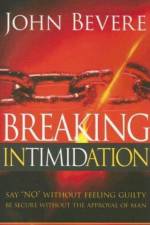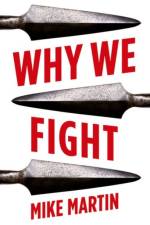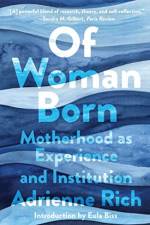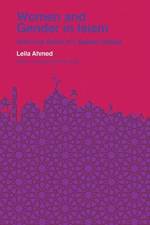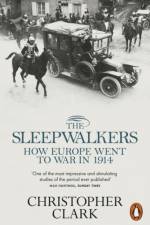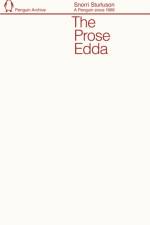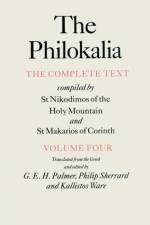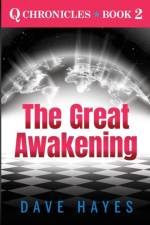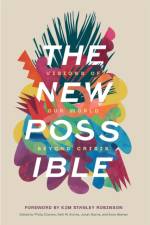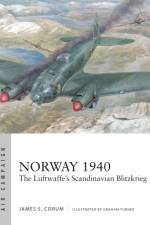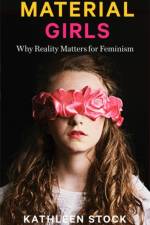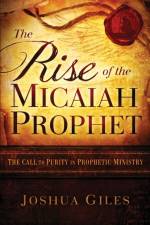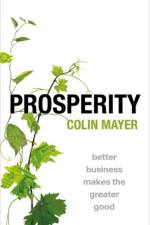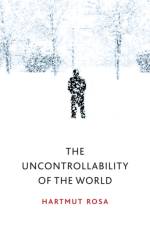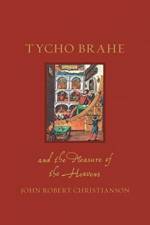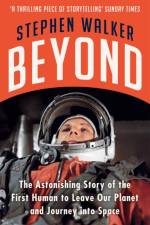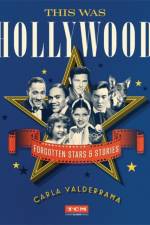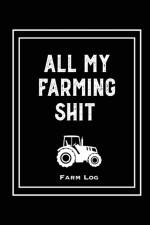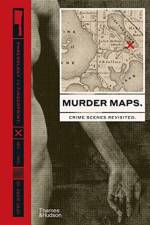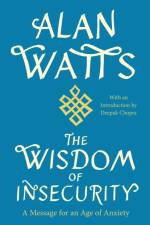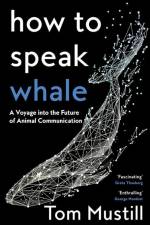- Visions of Our World beyond Crisis
369,-
2020 upended every aspect of our lives. But where is our world heading next? Will pandemic, protests, economic instability, and social distance lead to deeper inequalities, more nationalism, and further erosion of democracies around the world? Or are we moving toward a global re-awakening to the importance of community, mutual support, and the natural world? In our lifetimes, the future has never been so up for grabs. The New Possible offers twenty-eight unique visions of what can be, if instead of choosing to go back to normal, we choose to go forward to something far better. Assembled from global leaders on six continents, these essays are not simply speculation. They are an inspiration and a roadmap for action.With essays by:Kim Stanley Robinson, Michael Pollan, Varshini Prakash, Vandana Shiva, Jack Kornfield, Mamphela Ramphele, Justin Rosenstein, Jack Kornfield, Helena Nordberg-Hodge, David Korten, Tristan Harris, Eileen Crist, Francis Deng, Riane Eisler, Arturo Escobar, Rebecca Kiddle, Mike Joy, Natalie Foster, Jess Rimington, Jeremy Lent, Atossa Soltani, Mark Anielski, Ellen Brown, John Restakis, Zak Stein, Oren Slozberg, Anisa Nanavati, and Fr. Joshtrom Isaac Kureethadam

